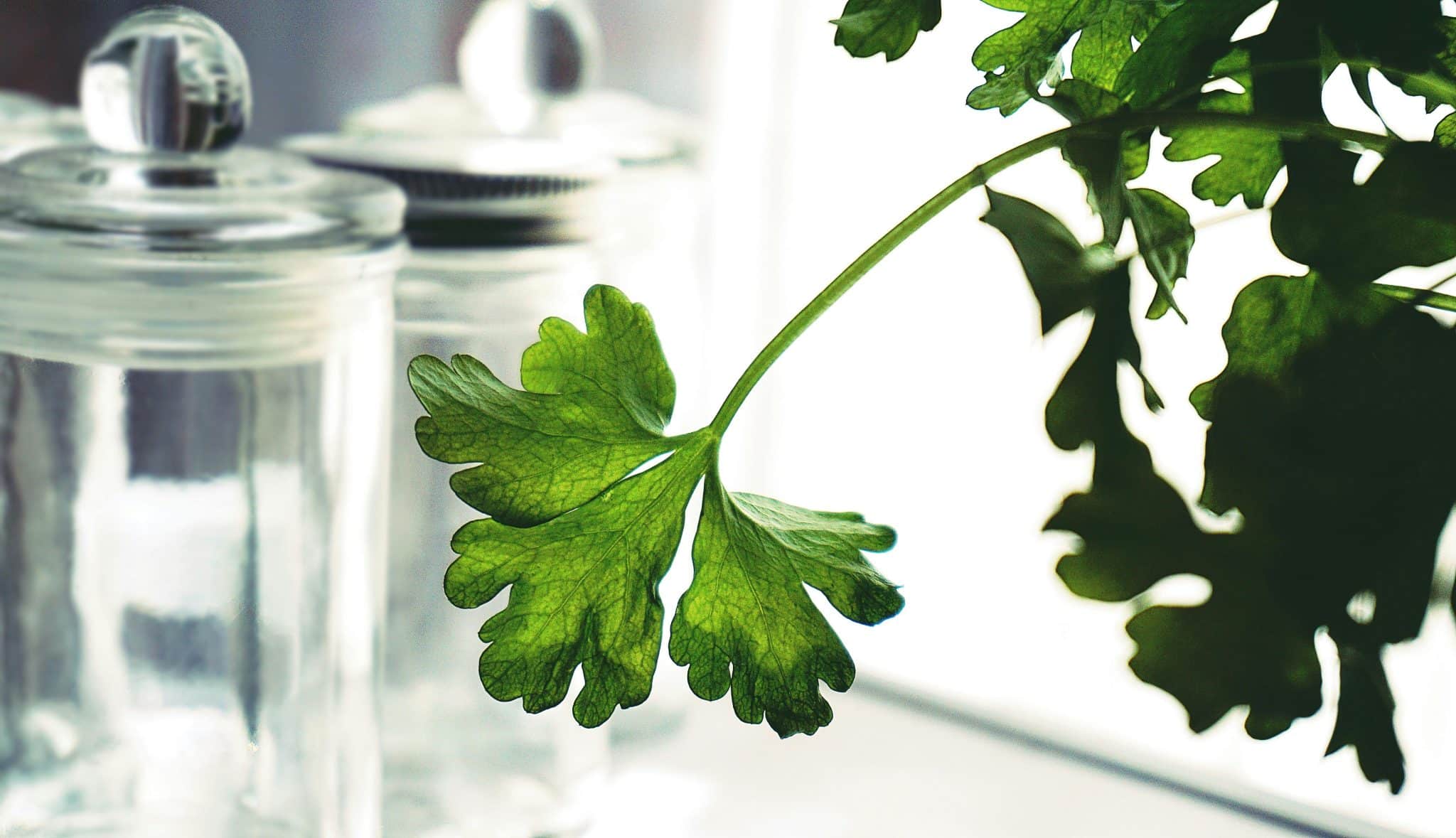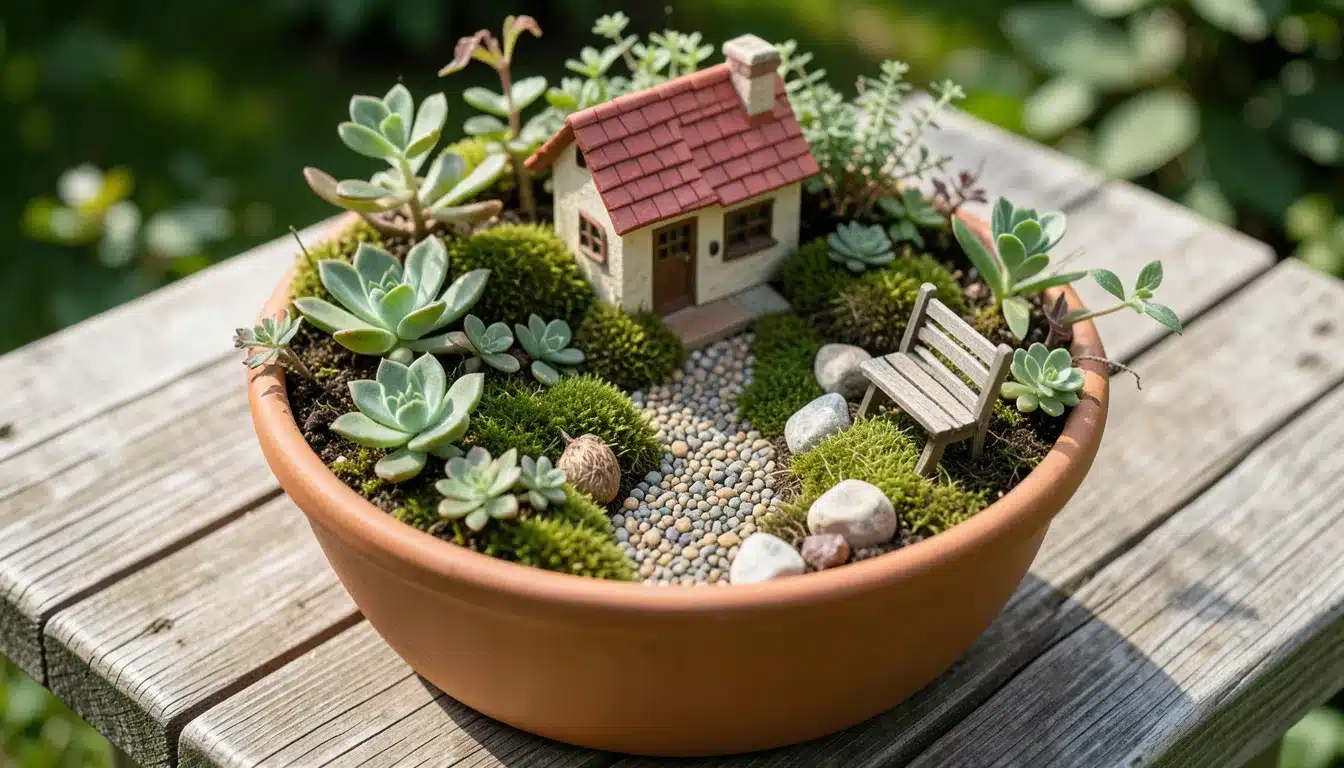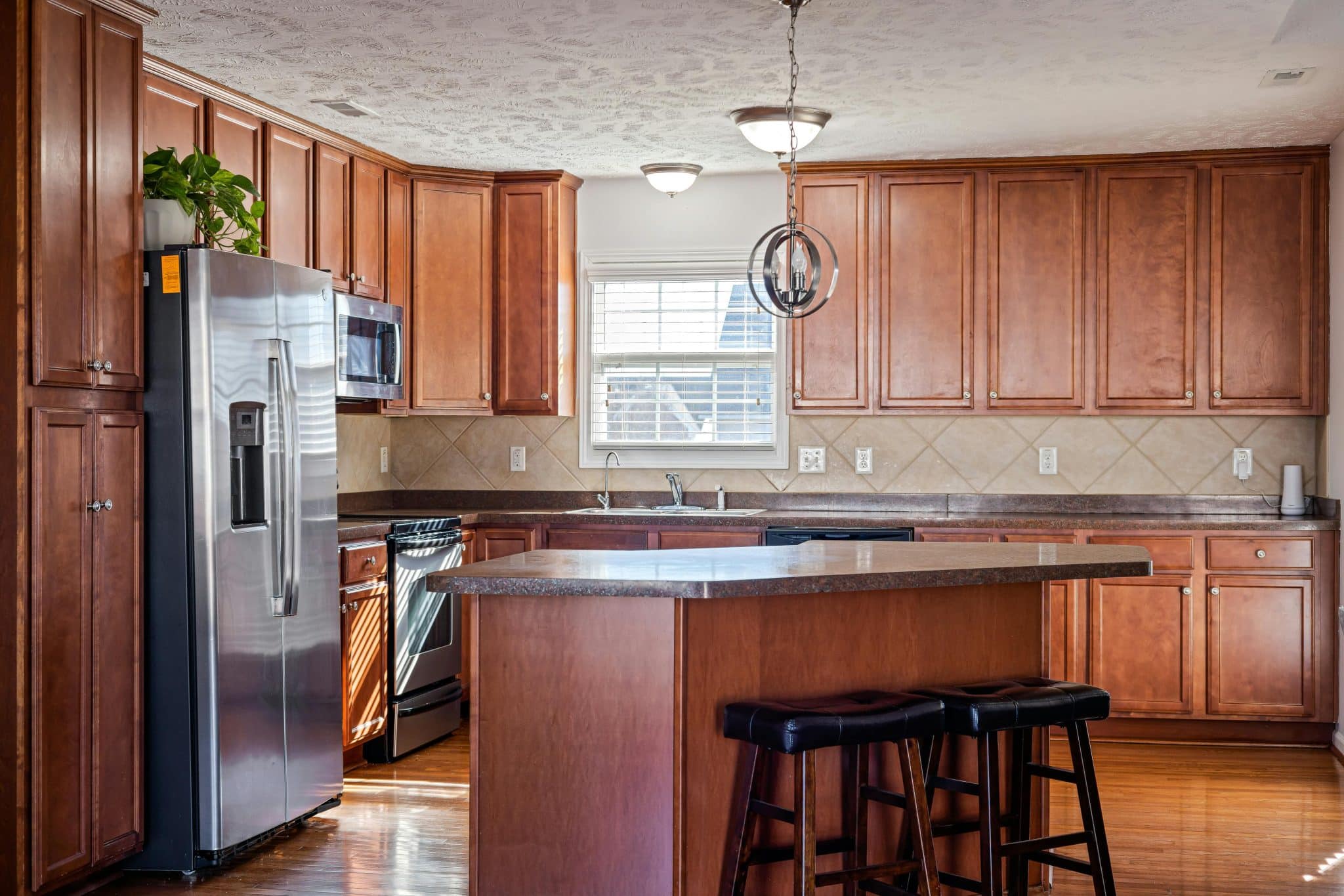As of 2023, 75% of the population in Europe lived in urban areas and this number has probably risen. That said, while most of the population no longer lives in rural areas, some aspects of country living are now making their way into urban living trends. Gardening, specifically growing food, is becoming one of the most popular aspects of rural living aspects that city dwellers incorporate.
Today, front lawns – once used for ornamental purposes – are now being reimagined as productive landscapes for growing food. Roses and shrubs are now being traded for kale, tomatoes, and pollinator-friendly plants. In population-dense cities where having a lawn is not feasible, residents are turning their balconies into productive micro-gardens, growing salad greens and herbs instead. Now more than ever, people are taking up any opportunity to develop a productive green space at home.
3 Reasons Why Kitchen Gardens Are so Popular
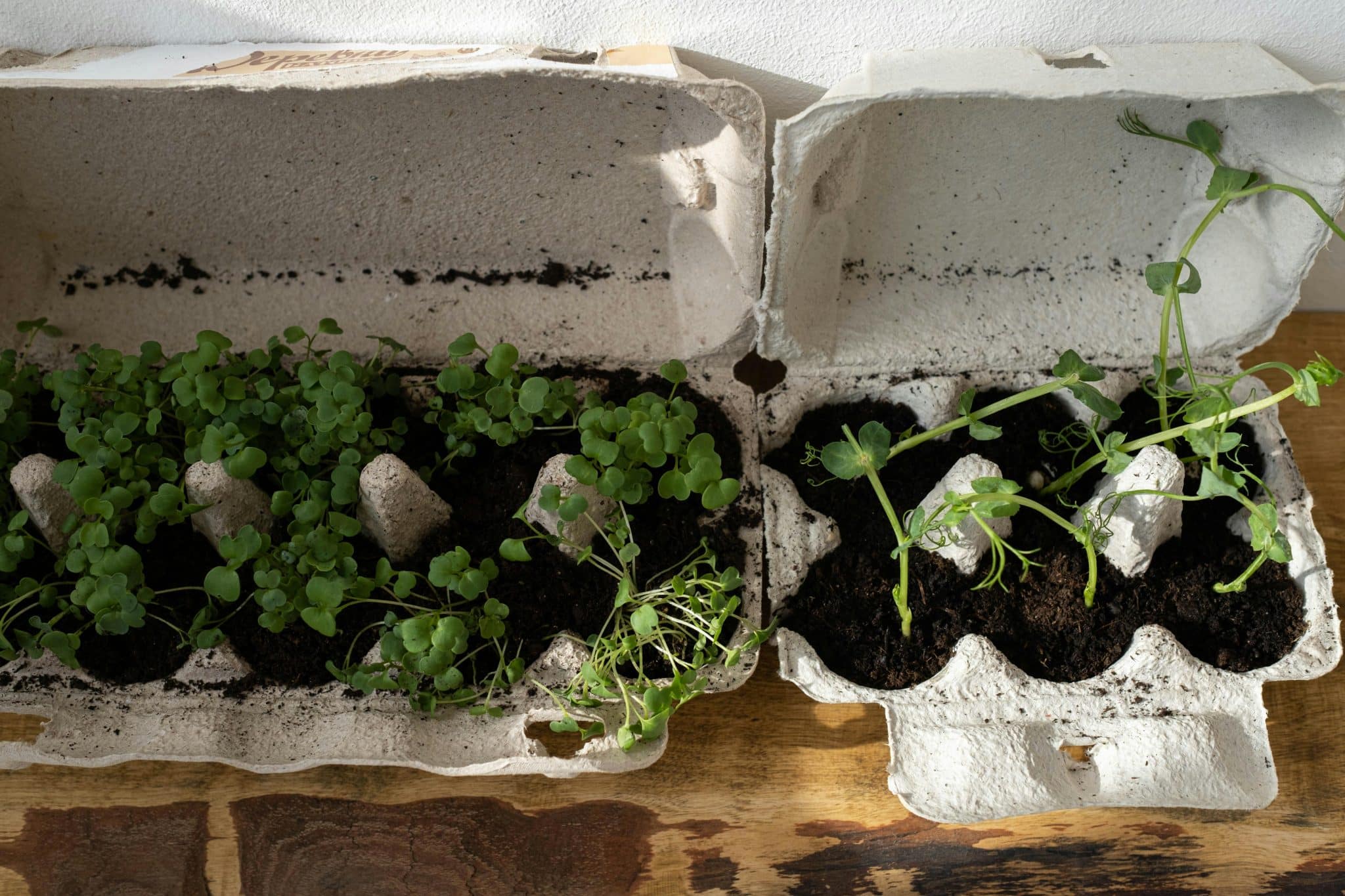
In numerous urban homes, balconies, rooftops, front lawns, and backyards are being transformed into kitchen gardens because of:
1. Rise in the eco-conscious living trend
With the effects of climate change becoming more prominent, movements for eco-friendly lifestyles and climate-conscious habits are regaining momentum. Kitchen gardens are becoming a viable tool in combating climate change. This is because growing food at home reduces the need for food transport, cuts down on packaging waste, and contributes to the decline in reliance on industrial agriculture.
2. Increasing value for home-grown food
More and more people are becoming appreciative of knowing exactly where their food is sourced, and there is no greater fulfilment than knowing the source is your labor. Additionally, homegrown produce tends to be fresher and tastier than store-bought alternatives. For instance, home-grown lettuce is crispier, tomatoes are sweeter, and herbs are more fragrant.
3. Economics of saving
With rising food prices, every household is looking for opportunities to cut costs. Balcony gardens and lawn gardens have proven effective in lowering weekly grocery bills. Planting herbs, salad greens, or vegetables consistently can lead to significant savings on your food budget.
6 Tips to Start Your Own Urban Kitchen Garden
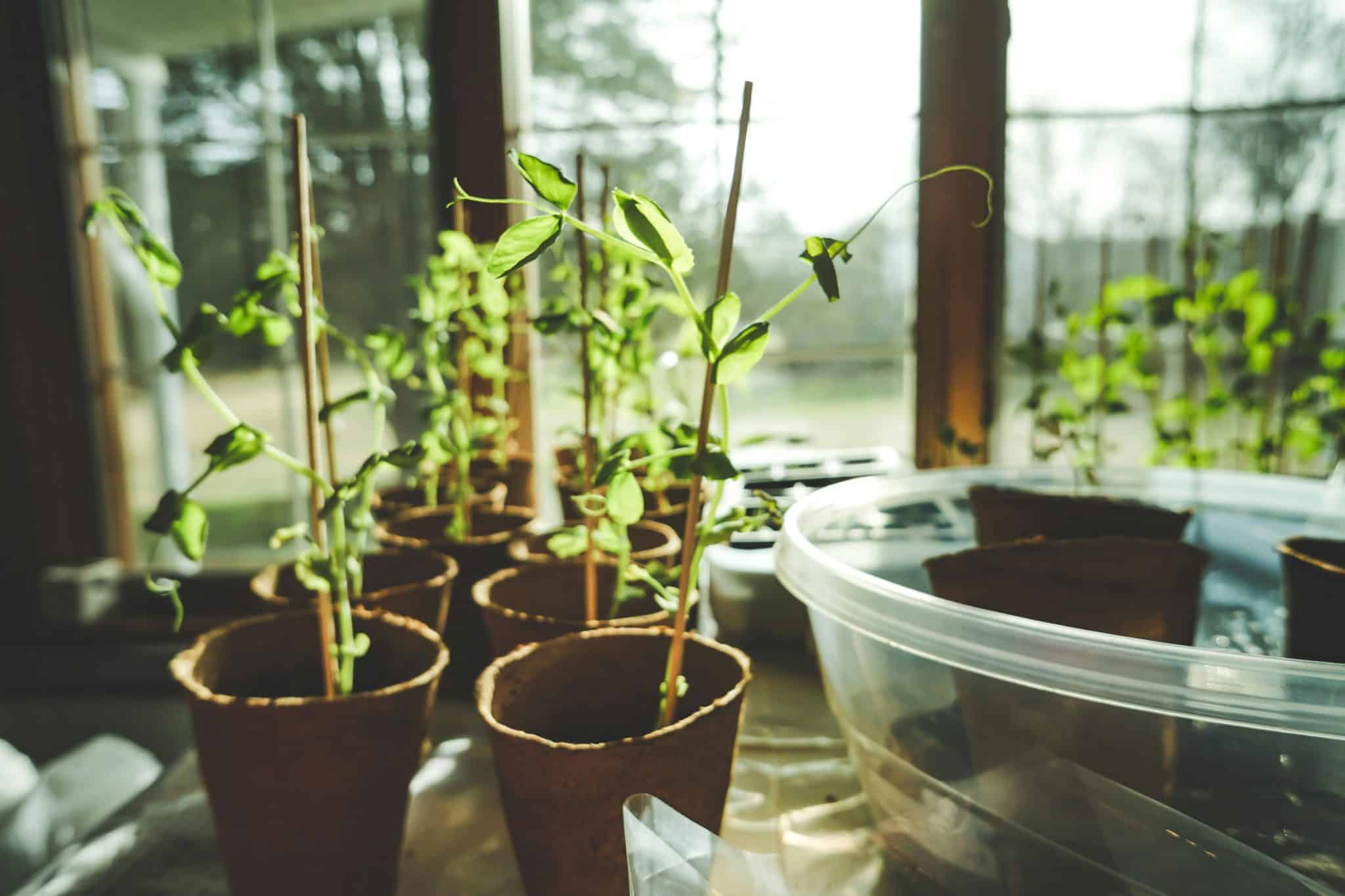
If you would like to join the movement, here are six tips to help you get started and set yourself up for success in gardening.
1. Conduct an assessment of your space
It is important to know the space you are working with for efficiency. Details on the size of the space, as well as its positioning against sunlight, are critical to determining the best planting options and plants to grow.
For front lawns and backyards, raised beds, container gardens, and fruit bushes are ideal. On the other hand, rail planters, vertical shelves, and hanging baskets are most effective in maximizing the space on balconies and rooftops.
2.Start with beginner-friendly plants
It goes without saying that starting easy to get the hang of gardening is better. Some of the most recommended plants that thrive in containers to begin with are:
- Herbs such as basil, mint, thyme, and parsley are especially great for small pots.
- Salad greens such as lettuce, rocket, and spinach, which require low effort, grow quickly and have good yields.
- Compact crops such as strawberries, cherry tomatoes, and dwarf peppers do not require a lot of space to grow.
3. Apply companion planting
Certain plants grow better together(companion plants) and are beneficial to each other. Common pairings you can start with include:
- Tomatoes and basil: basil repels pests and improves tomato flavor.
- Cilantro and spinach: cilantro’s scent repels pests that often attack spinach.
- Marigolds and vegetables: Marigolds repel nematodes and aphids while attracting pollinators.
- Radish and cucumber: radish repels cucumber beetles.
4. Water wisely and consistently
Overwatering and underwatering your plants are equally harmful. To know when it is time to water your plants, test the soil with your finger and confirm that it feels dry up to the first inch. It is best to water either early in the mornings or late in the evenings to reduce evaporation. Additionally, using mulch such as dry leaves or hay on the soil surface will help with moisture retention.
5. Use natural pest control
Kitchen gardens don’t attract as many pests; thus, natural methods should be effective and not harsh to your plants. Spraying neem oil weekly on your plants works great as a pesticide. A garlic-chili spray can effectively deter chewing pests, while a mixture of 1 teaspoon of mild liquid soap in 1 liter of water will help control aphids and mites.
6. Practice crop rotation
When using pots, grow bags, recycled buckets, or vertical planters, it is advisable to pour out old soil and replace it with new soil after every planting season. In such cases, to prevent soil nutrient depletion and pest buildup, it’s best not to grow the same family of plants in the same containers for consecutive seasons. This is how you practice crop rotation in your urban garden.
Applying these tips should make gardening a very enjoyable process. You can keep it as simple and manageable as you want. Tending to your urban garden can be added to your list of pastime activities, such as reading a book, enjoying a slot game at your favorite PayPal casinos, or taking a walk.


